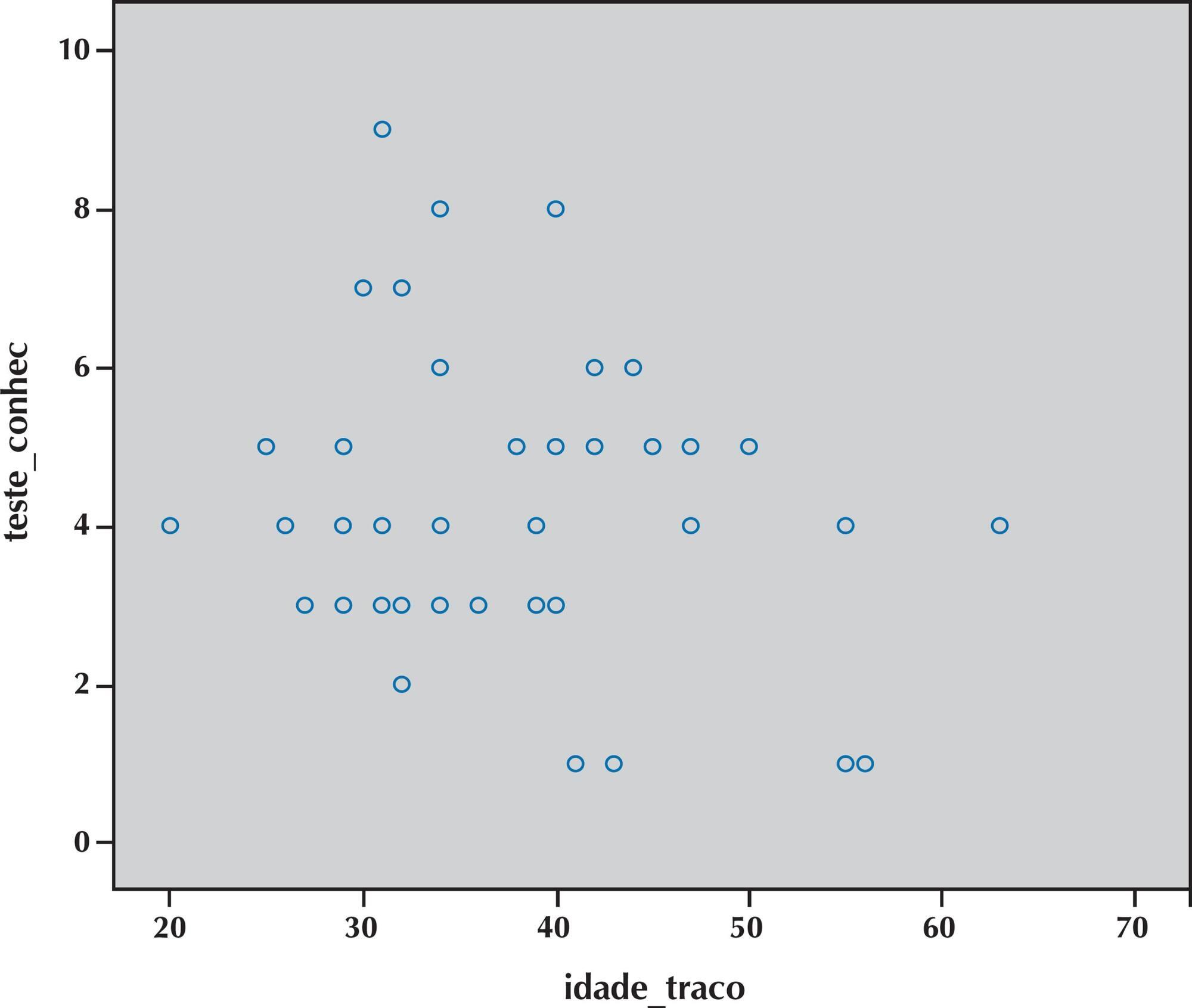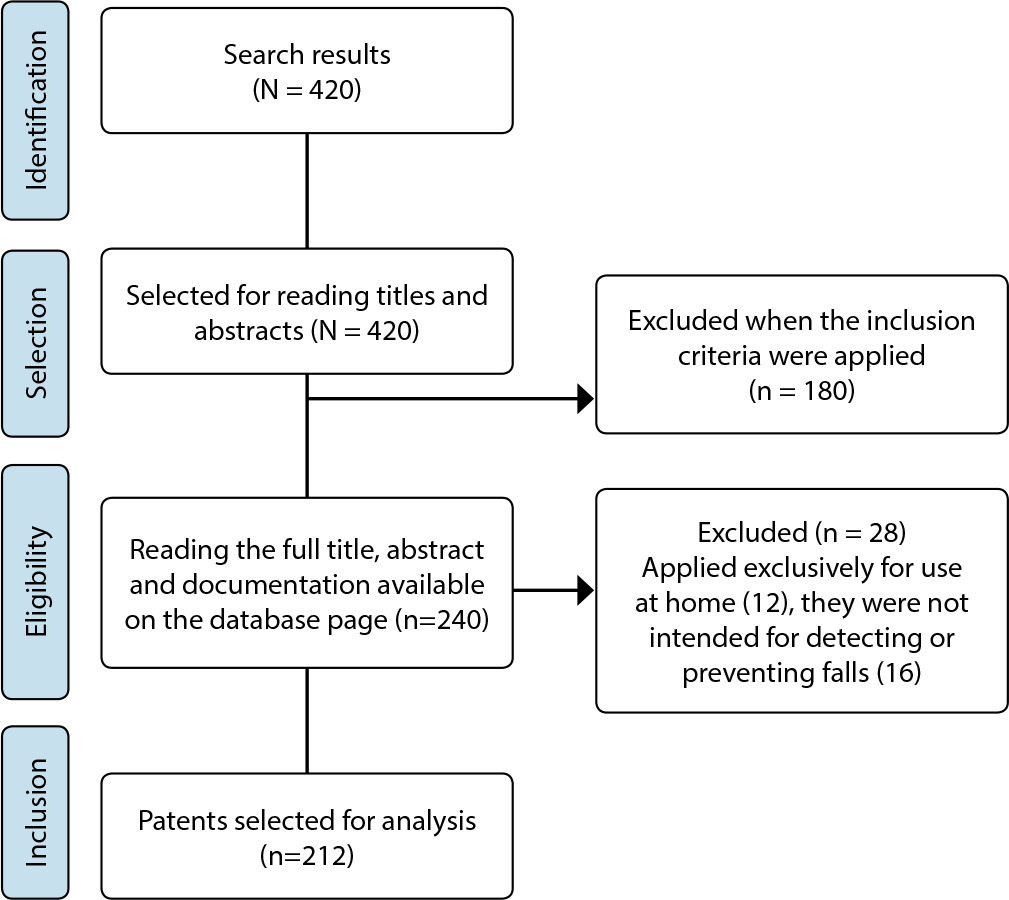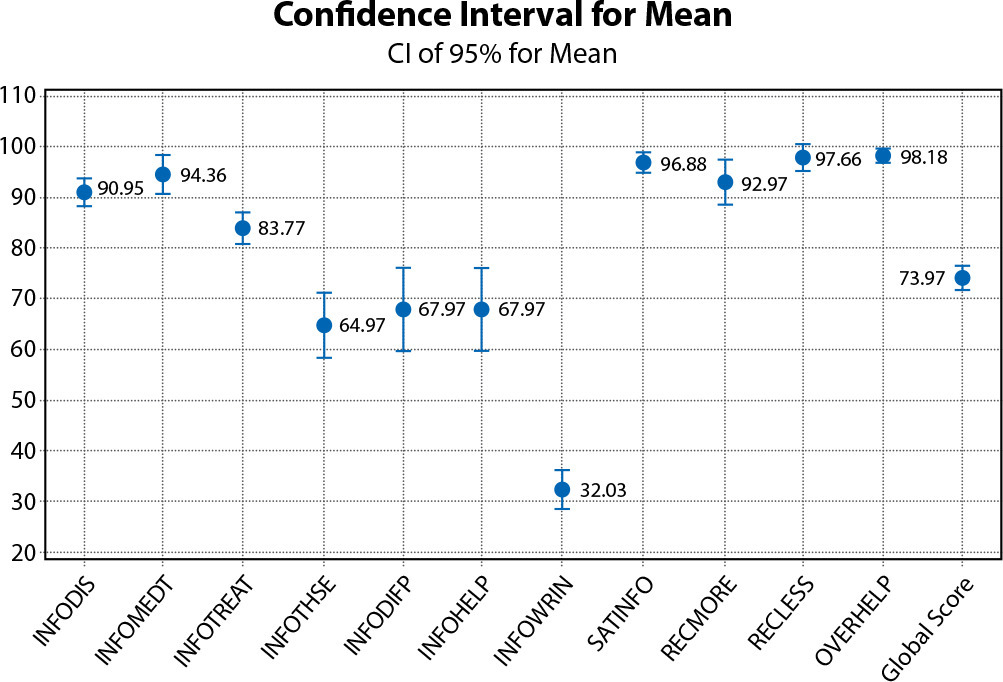-
RESEARCH01-01-2018
Risk factors for substance use: perception of student leaders
Revista Brasileira de Enfermagem. 2018;71:2116-2122
Abstract
RESEARCHRisk factors for substance use: perception of student leaders
Revista Brasileira de Enfermagem. 2018;71:2116-2122
DOI 10.1590/0034-7167-2017-0587
Views0See moreABSTRACT
Objective:
to analyze the perceptions of student leaders of the undergraduate course in Nursing about the motivations and/or risk factors for substance use in the university environment.
Method:
qualitative, transversal, descriptive study developed in a university campus in the state of São Paulo. Thirty members of associations affiliated with the course in Nursing participated. A questionnaire and a semi-structured interview were used, and the information was subjected to content analysis.
Results:
the influence of the social environment was the central element in the results. The circumstances of the context, some conditions that favor the use of substances and the students’ expectations regarding their use were perceived as risk factors, among which the influence of friends (96%), curiosity and search for fun (93%) stood out.
Final considerations:
alternatives in the university context, in conjunction with student leaders, aimed at reducing the exposure to physical and psychological suffering, constitute important resources to prevent substance abuse.
PlumX Metrics
- Citations
- Citation Indexes: 8
- Usage
- Full Text Views: 2501
- Abstract Views: 190
- Captures
- Readers: 82

-
RESEARCH01-01-2018
Interface between conjugal violence and alcohol consumption by the partner
Revista Brasileira de Enfermagem. 2018;71:2109-2115
Abstract
RESEARCHInterface between conjugal violence and alcohol consumption by the partner
Revista Brasileira de Enfermagem. 2018;71:2109-2115
DOI 10.1590/0034-7167-2017-0540
Views0See moreABSTRACT
Objective:
to analyze the discourse of women on the interface between marital violence and alcohol use by the partner.
Method:
qualitative exploratory research, based on the methodological reference of oral history. We interviewed 19 women with a history of marital violence and involvement with drugs. The data were analyzed through discourse of the collective subject.
Results:
the participants’ discourse points to consumption of alcohol by partners as a potentiating element of violent episodes, also experienced by their parents, signaling to its transgenerational character; it also calls attention to the danger of marital violence resulting from men’s reactions to having their alcohol consumption questioned by their partners.
Final considerations:
the study identifies alcohol as a precipitating and/or potentiating factor of conjugal violence, as well as the intergenerational character of violence based on male domination and intolerance.
-
RESEARCH01-01-2018
Mental health care technologies: Primary Care practices and processes
Revista Brasileira de Enfermagem. 2018;71:2101-2108
Abstract
RESEARCHMental health care technologies: Primary Care practices and processes
Revista Brasileira de Enfermagem. 2018;71:2101-2108
DOI 10.1590/0034-7167-2017-0478
Views0See moreABSTRACT
Objective:
To analyze the technologies of mental health care used in the practices and processes that constitute Primary Health Care from the discourses of nurses of the Family Health Strategy.
Method:
Qualitative approach based on the dialectical hermeneutic composition which aims to perform a comprehensive and critical analysis of semi-structured interviews, and free field observation.
Results:
From the empirical material analyzed, two essential analytical categories emerged: “Health technologies used in PHC for the care of users with psychological distress” and “To stop medicating suffering and to Train professionals”.
Final considerations:
The study pointed the reception and matrixing as the main technologies of care exercised in the interface of Primary Health Care with Mental Health. However, there was a need for reinforcing actions for matrixing, for training in order to improve the professionals’ autonomy in face of this demand, as well as the importance of stop medicating individuals with psychological distress.
-
RESEARCH01-01-2018
Perception of drug users on family: a phenomenological study
Revista Brasileira de Enfermagem. 2018;71:2094-2100
Abstract
RESEARCHPerception of drug users on family: a phenomenological study
Revista Brasileira de Enfermagem. 2018;71:2094-2100
DOI 10.1590/0034-7167-2016-0368
Views1See moreABSTRACT
Objective:
to understand the perception of drug users about “being a family” in the context of their psychosocial rehabilitation.
Method:
based on the theoretical-philosophical reference of Maurice Merleau-Ponty. It was carried out with eleven users of the Center for Psychosocial Care Alcohol and other Drugs (CAPS AD) in a municipality in the South of Bahia, Brazil, through the Focal Group, in August 2015. The resulting material was submitted to the Ambiguity Analytical Technique.
Results:
the readings of the descriptions allowed the definition of the thematic category: Nuances of being family: materialist and existential view.
Final considerations:
the results of the study converged to the understanding that the user of alcohol and other drugs recognizes the “being a family” from two dimensions: a more materialistic, and an existentialist, which need to be considered in the process of psychosocial rehabilitation of this user.
-
RESEARCH01-01-2018
Mental health as a dimension for the care of teenagers
Revista Brasileira de Enfermagem. 2018;71:2087-2093
Abstract
RESEARCHMental health as a dimension for the care of teenagers
Revista Brasileira de Enfermagem. 2018;71:2087-2093
DOI 10.1590/0034-7167-2016-0192
Views0See moreABSTRACT
Objective:
To analyze the demands in the field of mental health from the perspective of teenagers.
Method:
A descriptive study with a qualitative approach, having comprehensiveness as an analytical category. It was carried out with 21 teenagers of both genders, students of two public schools of a municipality of the countryside of Bahia state. The empirical material was produced through reflection workshops and analyzed through the technique of Discourse Analysis.
Results:
Teenagers value the indissociability between body and mind, recognize lack of attention to the psychological dimension in the health network, and point to mental disorders as resulting from contexts of life and lack of Health Care.
Conclusion:
Health services need to be structured to attract teenagers, to recognize singularities through professionals trained in welcoming, listening and accountability. It is urgent to fulfill what is defined in public policies and in specific programs, and that comprehensiveness has a centrality as a perspective to be realized.
PlumX Metrics
- Citations
- Citation Indexes: 5
- Usage
- Full Text Views: 2907
- Abstract Views: 386
- Captures
- Readers: 83
-
RESEARCH01-01-2018
Anxiety and knowledge of patients before being subjected to orthognathic surgery
Revista Brasileira de Enfermagem. 2018;71:2081-2086
Abstract
RESEARCHAnxiety and knowledge of patients before being subjected to orthognathic surgery
Revista Brasileira de Enfermagem. 2018;71:2081-2086
DOI 10.1590/0034-7167-2017-0520
Views0See moreABSTRACT
Objective:
to verify the correlation between anxiety level and degree of knowledge in patients before they are subjected to orthognathic surgery.
Method:
Descriptive cross-sectional study with 40 patients in the preoperative period before orthognathic surgery of a private clinic in the city of São Paulo.
Results:
IDATE-trait anxiety levels feature prevalence of medium-level anxiety with 72.5% (n=29), followed by low-level anxiety with 72.5% (n=29) and high-level level anxiety with 10% (n=4). In the pre-operative period, transitory IDATE-state anxiety levels feature medium-level anxiety with 65% (n=26), followed by high-level anxiety with 22.5% (n=9) and low-level anxiety with 10% (n=4). Pearson’s correlation coefficient resulted in negative r (−0.2) for anxiety-trait (p 0.197) and in negative r (−0.1) for anxiety-state (p 0.417).
Conclusion:
The data shows a weak correlation in which greater knowledge about the surgical procedure reduces levels of anxiety that may be related to the absence of appropriate guidance about the surgical procedure.
PlumX Metrics
- Citations
- Citation Indexes: 11
- Usage
- Full Text Views: 2830
- Abstract Views: 225
- Captures
- Readers: 73

-
LETTER TO THE EDITOR01-01-2018
Repply: Integrative review of literature: nursing care to aged people with HIV
Revista Brasileira de Enfermagem. 2018;71:2079-2080
Abstract
LETTER TO THE EDITORRepply: Integrative review of literature: nursing care to aged people with HIV
Revista Brasileira de Enfermagem. 2018;71:2079-2080
DOI 10.1590/0034-7167.2018710502c
Views0Dear Editor,I would like to request clarification of the authors on the points raised in the article reading – Integrative review of literature: nursing care to aged people with HIV().[…]See more
Search
Search in:
Nuvem de Tags
Enfermagem (930)Cuidados de Enfermagem (269)Atenção Primária à Saúde (239)Idoso (208)Educação em Enfermagem (151)Segurança do Paciente (150)Saúde Mental (145)Educação em Saúde (139)Estudos de Validação (131)Qualidade de Vida (104)Tecnologia Educacional (100)Promoção da Saúde (99)COVID-19 (91)Criança (91)Família (87)Enfermagem Pediátrica (86)Saúde do Trabalhador (86)Adolescente (85)Saúde Pública (82)Estudantes de Enfermagem (77)











